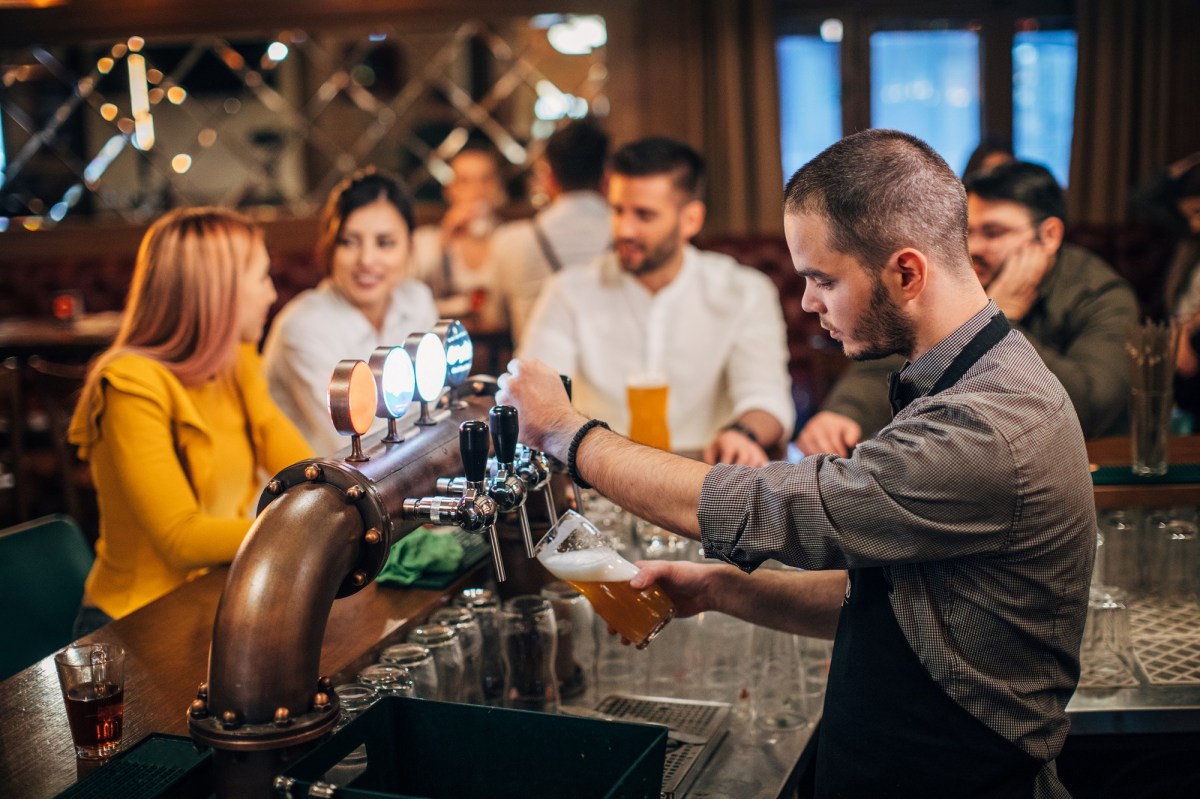By Stephen Ferguson, CEO, Australian Hotels Association
We all help each other – that’s always been the Australian way. Never has that been more important than during the COVID pandemic. It was recognised very early on a key way of stopping the spread of COVID was to limit the gathering and movement of people.
Federal, state and territory governments rightly introduced a range of restrictions aimed at doing just that. Basically, hospitality businesses in particular were told to limit their activities to save Australian lives – and quickly paid their part.
At the federal level, assistance was then provided for those hard-hit businesses and their workforces including JobKeeper and Cash Boost. At the state and territory level, relief also included a wide range of deferrals or waiving of taxes and charges such as land tax and pay roll tax. Landlords also helped by sharing in the loss of commercial rent.
One year on from the first national lockdown, many of the restrictions imposed from above are still in place on these businesses, but many of the relief measures have been wound back. Continuing restrictions include limitations or prohibitions on activities such as venue capacity limits, singing and dancing.
For example, Victoria still has a limit on 75 per cent of people going back to work in the Melbourne CBD. NSW pubs are still restricted to 50 per cent capacity yet paying 100 per cent land tax and council rates.
The federal government has a ban on international visitors which will continue for the foreseeable future.
For venues there are the continuing extra daily costs of COVID marshalls and mandatory check-in, all with reduced capacity. All these restrictions are to keep Australians safe and we are proud of the role hospitality continues to play. But while keeping us all safe, these limitations come at tremendous cost to business owners and workers.
Costs that continue while the temporary assistance measures are now being phased out. The figures speak for themselves.
A recent ABS report, drawing on the Tax Office’s single-touch payroll system over the week to February 27, showed there were still 110,000, or 12 per cent, fewer pay-rolled employees in hotels, restaurants and cafes than before the pandemic hit early last year. Only two in three hospitality jobs had been re-gained by the end of last month, the ABS reported.
There’s no doubt the rollout of financial assistance for COVID is the largest package of relief ever seen in Australia – at both the federal and state level.
Without that assistance, Australia would not be enjoying the level of economic recovery it is today. Importantly, it allowed businesses to maintain their relationship with their employees and to keep ticking over till they could open the doors back to some sort of “new normal.” Some businesses pivoted to become success stories during COVID; many of those who went backwards are now back on their feet but the reality is many others aren’t. Some are still suffering directly as a result of restrictions which continue to limit the gathering and movement of people.
This specifically includes those types of business still named on public health orders including hotels, pubs, restaurants, clubs, gymnasiums and churches.
Come 1 April, the main support mechanisms for these businesses will have been withdrawn.
It doesn’t make sense that a business which has its capacity limited by 50 per cent by Government order still has to pay 100 per cent of land tax and council rates.
We understand this pandemic has caused a major change in the way our society and economy operate. More people are working from home and more people are leaving cities to move to the regions. We are not seeking compensation for societal change.
But we are asking that all governments recognise their on-going trading restrictions aimed at saving lives are causing a disproportionate financial burden to a few and that they continue to help those businesses in a targeted way. There are plenty of levers the respective governments, treasuries and tax offices can pull to directly help these businesses. We also understand there are plenty of shades of grey in which to help businesses.
But we do suggest all governments of whatever political persuasion should agree on a simple temporary test to assess those directly affected by their decisions to help them protect their livelihoods, their employees and their own budgets.
Namely, businesses whose activities are directly limited by public health orders, and whose gross revenue has been less than 70 per cent over the last four consecutive quarters compared to the prior year, should receive a cash boost payment equivalent to the PAYG tax withheld from wages for all employees. Or alternatively, receive $500 per (full time equivalent) employee per week.
The Commonwealth should also work with state and territory governments and consider relief packages similar to the cash boost scheme by allowing eligible businesses to retain taxes such as land tax and payroll tax. Further support including tourism, hospitality and accommodation vouchers would also help.
Most Australians would agree helping those very businesses and workers who are still helping the broader community fight this pandemic is the Australian way. We understand the government restrictions are in place to keep Australians safe and we are proud of the role we have played.
But the fact remains that while keeping us all safe, these limitations come at tremendous cost to business owners and workers – costs that will continue after the temporary assistance measures are phased out.
We only have six months until the vaccine roll-out should be complete and restrictions can be eased – now is not the time to pull the drawbridge up on those still on the road to recovery.

